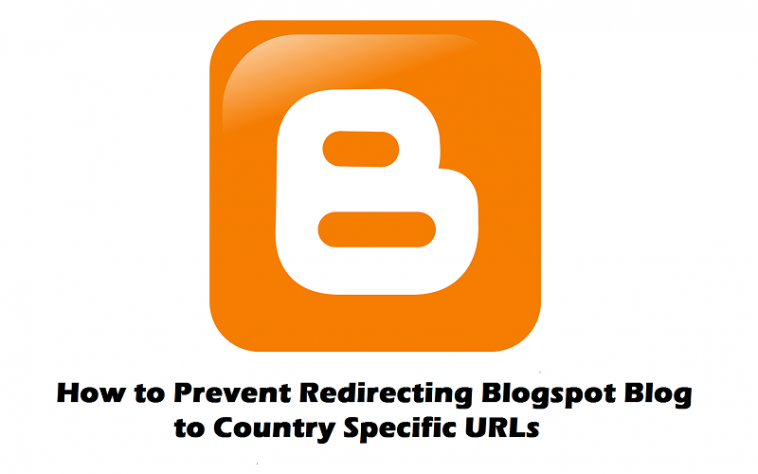When you will attempt to visit any Blogspot URL from India, you will be redirected towards ‘country code Top Level Domain‘ (ccTLD). For instance, whenever a visitor attempt to reach at webgranth.blogspot.com from India, he/she will be redirected to the country specific page on webgranth.blogspot.in. In the same way, when you visit any other ccTLD from India, it will redirect you to the Indian TLD. e.g. webgranth.blogspot.com.au is Australian TLD will be redirected to the Indian TLD.
Why This Change?
The primary reason sits behind this change is to initiate the censorship by country wise.
“In account of ccTLDs, the content can be cultivated on country basis particularly content removals. Also it will result in compacting their impact to a limited quantity of readers. In respect of specific country’s law the content will be removed from the concerned ccTLD.”
Who is affected by this Change?
Almost every Blogger users who still doesn’t own a custom domain name but retain the readers throughout the globe regardless of specific country are supposed to be influenced by this change. However, it is supposed that still this change has been only applied in India. So, when an Indian visitor will attempt to reach your blog URL, via 302 redirect (s)he will be redirected to the .in TLD.
What should I do Now ?
Prior to get indulge with this procedural you are required to ensure that your blog page is comprising Canonical tag. This must be exist in all templates by default unless the template being employed is hacked and some code fragment has been eliminated from there.
Thus ensure the below provided line in your Blog Template.
<b:include data='blog' name='all-head-content'/>
Eventually, this tag will transform the canonical tag jut for your blog.Thus, if you are not avid to include this tag in your blog, then you may employ the tag that is provided below in the head section of your template.
<link expr:href="data:blog.canonicalUrl" rel="canonical"/>
data:blog.canonical URL will deliver the exact canonical URL (blogspot.com).
What does the Canonical Tag do?
The Canonical tag are too earnest for your blog URL and is very useful to define the exact location of your blog page. However, even if you are looking a blog page on blogspot.in, the canonical tag will say the search engines about the actual page location i.e. the blogspot.com version.
In the case, if your blog pages are not accompanied with canonical tag, it seems to be something confounded as search engine crawlers may index your Blog with distinct country specific pages. The social counters such as Google +1 button, Facebook like button, etc. may show the false count and enable the users to share various distinct blog pages with country specific versions. Including Canonical tag to your blog ensure that the pages of blogspot.com will be shared with social networking sites and the counter will show the exact number of count regardless of country specific visitor. Hence, the custom domain blogs will not influenced by this transformation.
Update: Now, the Blogger has designated such kind of issue and enable the canonical tags that can be included to Dynamic View Templates also.
No Country Redirect (NCR)
You can employ this option of No Country Redirect (NCR) in the case, if you wish to check Blogger from redirecting to country specific URLs while looking a blog over blogspot. Let’s take a look over this example:
webgranth.blogspot.com/ncr will deliver .com version of blogspot without redirecting ccTLD.
webgranth.blogspot.in/ncr will provide Indian ccTLD without redirecting ccTLD.
Google Plus One and Facebook Like Buttons
In respect of social media, the noticeable things are Social Counters. Thus, I would like to add here that this change is not going to influence your counters. While a page is being shared on Facebook, it always used to share the page’s Canonical URL. So, just give up the worry about Social Counters. Furthermore, Google Plus used to share non-canonical URLs, but as it doesn’t incorporate any counters grounded over number of shares, so it won’t be an issue.
Update (February 1, 2012)
As many of the Social Counters were not capable to implement Canonical URLs, so might be they show false number of counts. Now, almost all templates for Blogger has been updated to employ Canonical URLs. However, if you are employing the data:post.url variable in any of the social plugins, then you are required to transform this with data:post.canonicalUrl. In the case if you use data:blog.url at any place for social plugins, then you would required to render it with data:blog.canonicalUrl.


Comments
0 comments